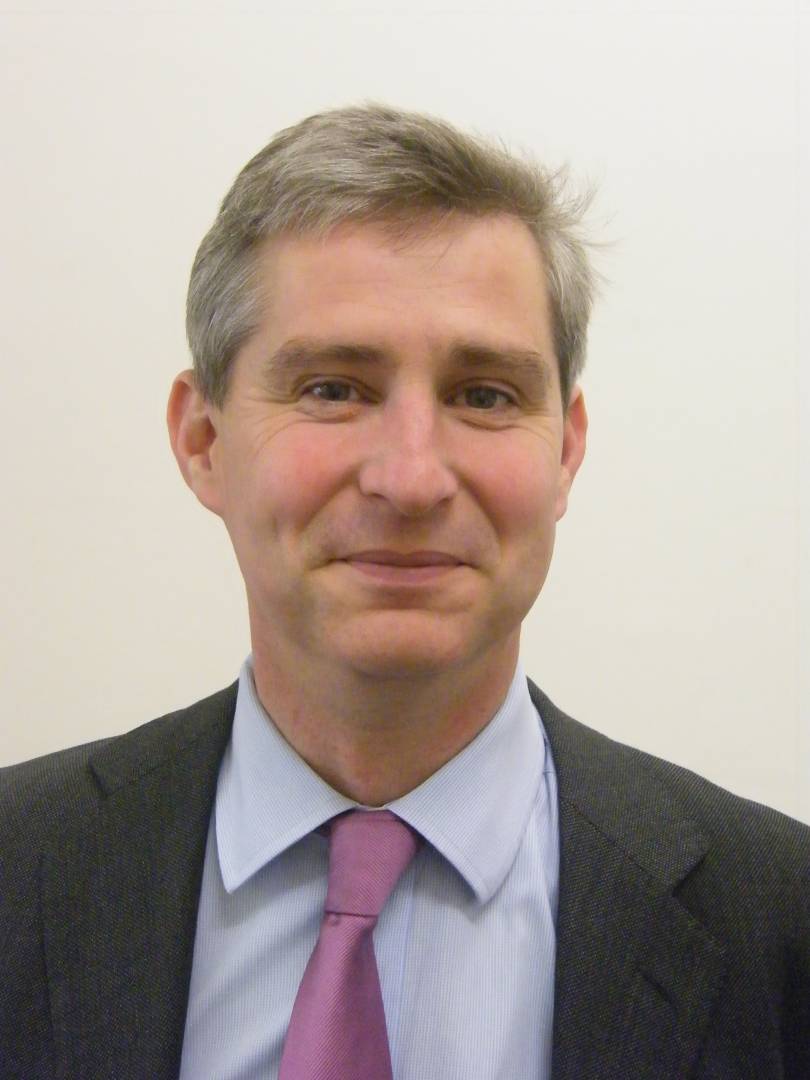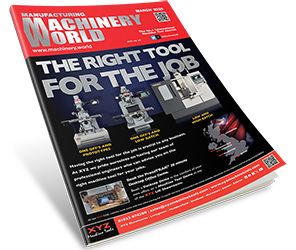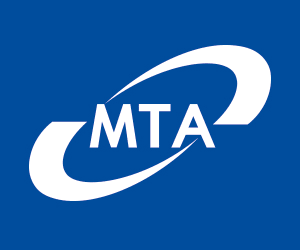MTA CEO James Selka used his key note speech at the National Manufacturing Debate (NMB) hosted by Cranfield University to highlight the importance of Industry collaboration in tackling the skills gap.
The NMB is an annual event hosted by Cranfield University and took place on 24th May. The event brings together manufacturing professionals from a range of sectors to discuss and debate current challenges in the industry as well as encourage networking and collaboration across manufacturing to enable continued and long-term growth.
The theme for the 2017 debate was Leadership and Investment for Manufacturing Skills. The MTA CEO highlighted that the image of manufacturing is still a barrier for recruiting new talent.
Selka said, “The default portrayal of manufacturing features images of dirty factories, on run down industrial estates and a declining industry as a whole. It’s been shaped by a forty year narrative of decline. Strife in the 70’s, layoffs in the 80’s and offshoring in the 90’s.
We need to refute this pervasive myth that manufacturing is dirty, dangerous and dead end.
Everyone is this room knows that modern manufacturing is clinical, it is clean and that jobs in it come with remarkable opportunities.”
The MTA CEO also highlighted some of the collaborative work undertaken by the Association to promote the opportunities available in the advanced manufacturing and engineering sector. The MTA’s flagship schools competition Technology, Design and Innovation (TDI) challenge is one of the biggest engagement opportunities with schools from around the country taking part.
James Selka said “Parents are often the biggest influence on their children in terms of careers advice, as much as we engage with schools and teachers, it is the parent’s perception we need to change. The TDI challenge gives us the opportunity to engage directly with them. Education is becoming ever more expensive and people need to be aware that engineering provides real opportunities for progression. What other industry can you enter at 16, get a qualification and progress all the way up to PHD level without any personal debt?”







